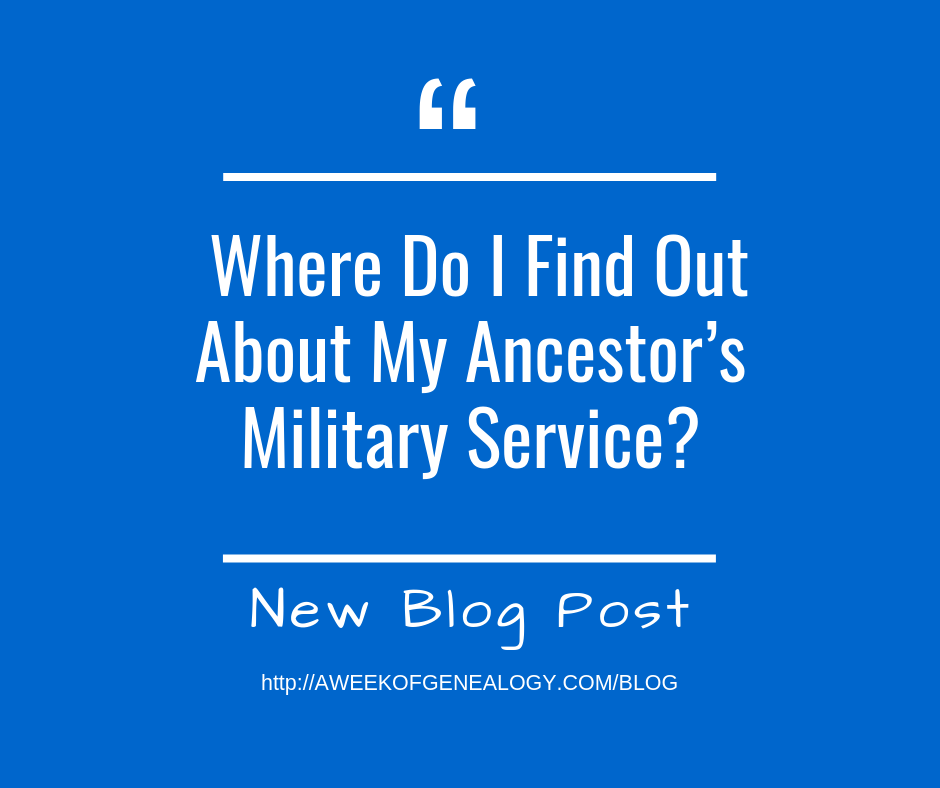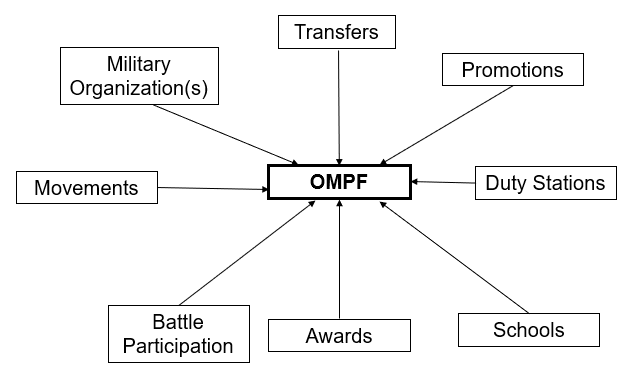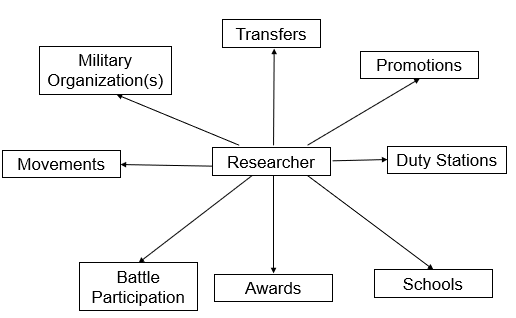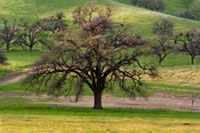Where Do I Find Out About My Ancestor’s Military Service? The OMPF!

(This is Part 1 of the blog post. Part 2 appears on the Twisted Twigs for Genealogy Blog.)
So many people ask me in person, or post in Facebook groups: “Where do I go to find more about my ancestor’s military service?”. The short answer is that the records you need are at branches of the National Archives and Records Administration (NARA), but how you get access to them can make a difference.
Undoubtedly you have seen the military records offered on Ancestry or Fold3. These may be rosters, muster rolls or ship’s manifests that show where and when an ancestor was associated with a military organization. You might find summaries of a ancestor’s service, which reveal a few more details, like the various ranks he held and when he served overseas. In a few cases, you might find other reports if your ancestor was a downed airmen or was one of the engineers in WWI who wrote an officer experience reports.
As much as we treasure these bits of information, these records are little more than tick marks to put on a timeline of your ancestor’s military life; they really are only the tip of the iceberg. Rather than being a destination, any record we find in online databases we should consider merely our ticket to learning so much more.
For each WWI, WWII or Korean War service member, there is an Official Military Records File (OMPF). The OMPF contains not just the context but the details of all aspects of an ancestor’s time in the service. It includes the schools, commendations, hospitalization, transfers, transportation and all the details of a military life. Every part of an active duty military life is copied over and incorporated into one file.
The OMPF contains an actual book summarizing your ancestor’s time in the military, a Service Record. The Service Record contains 24 to 28 pages full of information such as immunizations he received, what schools he attended, awards and commendations he received, enlistment information, beneficiary information, records of courts martial (if applicable) , comments about his character and efficiency rating.
In the OMPF, there is also a Report of Separation which is a summary of the whole time an ancestor was in service. There are reports of physical exams prior to discharge (or retirement), medical and dental records including when he visited the dispensary (doctor’s office). The Report of Medical History includes health history about his family. Other highlights of the OMPF are Commissioning documents (for officers), special orders for transfers or promotions, and records of leave that was taken, and the address where he went. If the service member had been a military cadet, there would be an application, birth certificate, school transcripts, letters of recommendation.

There may be a complication in finding these files, but the records that were used to build them still exist!
Were all the OMPFs burned in the 1973 fire in St. Louis?
NO!
No Navy or Marine Corps OMPFs were burned.
Of the 80% of the Army and Air Force OMPFs that were burned, some files are being restored. It is always worth checking with NARA in case your ancestor’s file is one of those.
If the OMPF is truly unavailable, then a researcher has to consult the original records that were used to build the OMPF. These are the records that are held in a variety of NARA record groups that include information about all the service members of an organization. The researcher then needs to pull out information that either names the ancestor or applies to the ancestor’s service. In future posts, we will cover the record sets at NARA locations that are most useful to researchers learning about their ancestor’s military service history.

Please head over to the Twisted Twigs Blog for the second part of this post. It contains information about your options to get an OMPF, or a reconstructed OMPF.
7th Generation Detroit Family Historian and NARA Records Retrieval Expert, Deidre Erin Denton of Twisted Twigs Genealogy and Margaret McMahon, author of “Researching Your U.S. WWI Army Ancestors, have teamed up for a series of blog posts to show you the path to researching the military records for WWI, WWII and the Korean War at NARA. Because of your connection to your ancestor, you are the best teller of his story, and with these records you can write and share a very personal military history.



